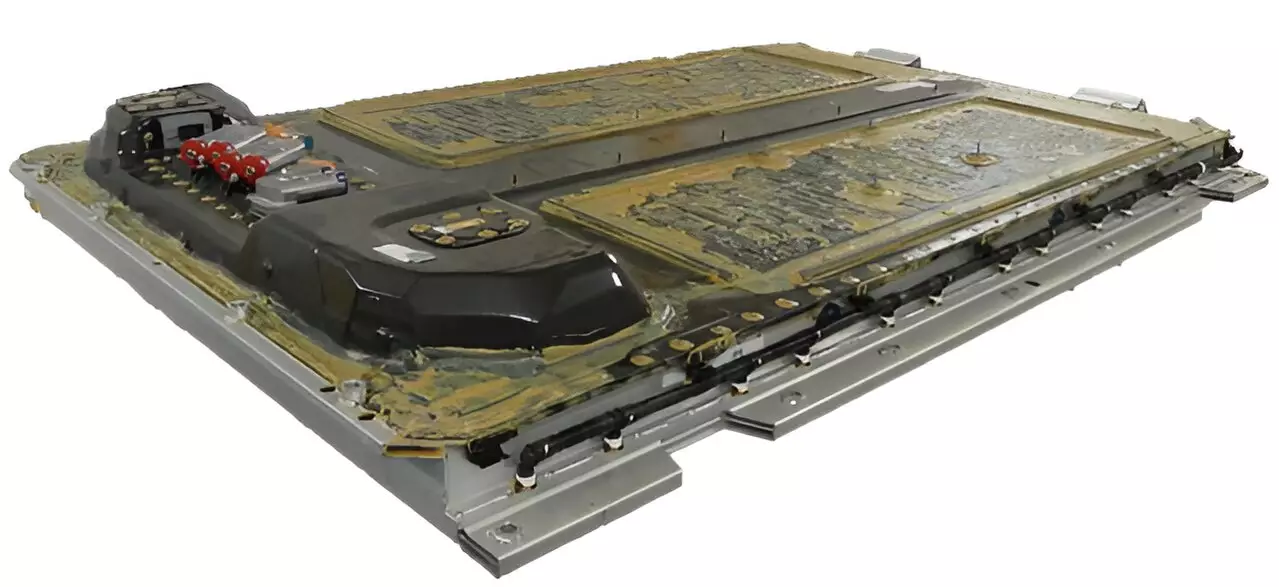The COOLBat joint research project is paving the way for the future of electric vehicles by developing next-generation battery enclosures with more charging power, higher range, and lower environmental impact. This collaborative effort between the Fraunhofer Institute for Machine Tools and Forming Technology IWU and several partners is focused on revolutionizing the way battery enclosures are designed and manufactured to reduce their carbon footprint and improve their efficiency.
Through interdisciplinary research, 15 project partners are exploring innovative lightweight construction principles to reduce mass and enhance the performance of battery system enclosures in electric vehicles. By incorporating new heat-conductive materials and bio-based flame retardant coatings, the partners are aiming to make the production of these enclosures more eco-friendly while maintaining safety and efficiency.
One key strategy employed by the researchers is the integration of thermal and mechanical functions within the enclosure to reduce weight and streamline the design. By combining cooling channels with load-bearing structures and incorporating aluminum foam and phase-change materials, the team has been able to enhance the cooling efficiency of the battery while reducing energy consumption and weight.
Enhancing Heat Dissipation and Fire Protection
The quality of heat dissipation from the battery modules to the exterior shell is crucial for the performance and lifespan of electric vehicles. In the COOLBat project, researchers are replacing heavy, non-sustainable thermal pastes with eco-friendly heat-conductive materials to improve thermal management. Additionally, a new bio-based flame retardant coating is being utilized to enhance fire protection and safety.
The shift towards a circular economy and sustainable materials is a key focus of the COOLBat project. By designing battery enclosures with reusable components and materials, the project aims to reduce the carbon footprint of electric vehicles and lower repair costs. The use of fiber composite materials and bio-based coatings not only improves performance but also promotes environmental sustainability.
Looking ahead, the results and innovations developed through the COOLBat project have the potential to be extended to other industries and applications. From trains and aircraft to food transportation and building construction, the cooling systems and fire protection solutions developed in this project could have far-reaching impacts beyond electric vehicles. Collaboration with a wide range of partners ensures that these advancements can be leveraged across various sectors.
The COOLBat project represents a significant step forward in the development of sustainable and efficient battery enclosures for electric vehicles. By focusing on lightweight construction, functional integration, and eco-friendly materials, the project partners are reshaping the future of electric mobility. With a keen eye on industry transfer and future applications, the innovations born out of this project have the potential to revolutionize not just the automotive industry, but a wide range of sectors reliant on large battery systems.

